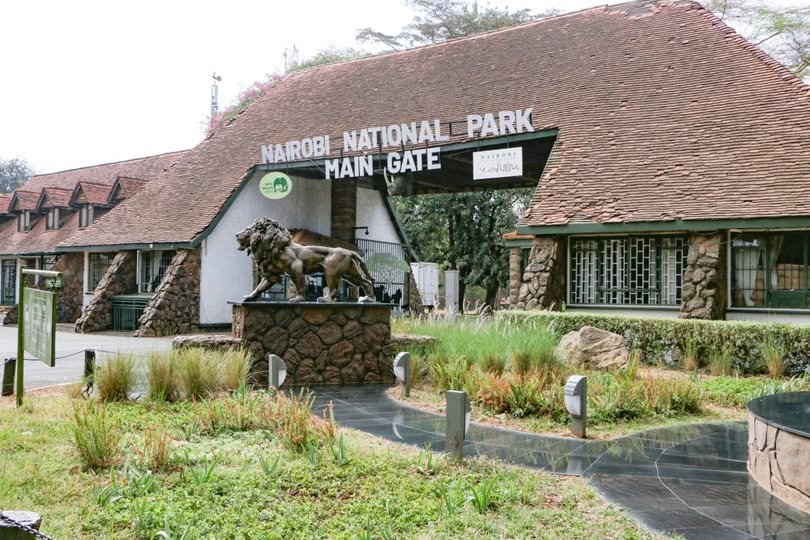The Kenya Wildlife Service (KWS) is in the final stages of introducing its proposed new fees for accessing the country’s national parks, national reserves, national marine parks, national marine reserves and national sanctuaries.
The proposed Wildlife Conservation and Management (Access and Conservation) (Fees) Regulations, 2025, have been developed by Rebecca Miano, Cabinet Secretary for Tourism and Wildlife and are now set for a final stakeholder validation forum before being officially gazetted.
This process is a continuation of extensive public participation efforts that are a mandatory requirement under Kenyan law. The journey for these new regulations began with a notification published in a special issue of the Kenya Gazette on July 9, 2025, followed by public notices on July 15.
The initiative was also broadcast on major national radio stations to ensure widespread awareness and to solicit feedback from all concerned parties.
Having gathered and considered comments from tourism industry players, conservation stakeholders, and the general public, the ministry has refined the draft. The upcoming forum, scheduled for September 11, 2025, at the Kenyatta International Convention Centre (KICC) Amphitheatre, serves as a critical final step for validation.
This meeting will provide a platform for a last review of both the proposed fee structure and its accompanying Regulatory Impact Statement, which outlines the rationale and expected effects of the new charges.
The new regulations are designed to stipulate the revised fees required for entry and conservation activities within Kenya’s renowned network of protected areas. The aim is to ensure the sustainable funding of conservation efforts for these vital natural resources.
For those wishing to review the details, the complete draft documents have been made readily available. They can be accessed online through the Ministry of Tourism’s website or the Kenya Wildlife Service’s official portal. Hard copies are also available for viewing at all KWS-managed parks, reserves, and stations across the country.
Furthermore, the agency is still accepting written submissions from the public. Comments and views can be sent via email or delivered by hand to the KWS headquarters in Nairobi within seven days of the notice’s publication. All input must be addressed to the Cabinet Secretary for Tourism & Wildlife and the Director General of the Kenya Wildlife Service.


